The Goods and Services Tax (GST) on restaurant services in India is set to undergo significant changes starting April 1, 2025. The taxation of restaurant services will depend on whether the restaurant operates independently or is located within a hotel. New Changes are announced in GST rates for Hotel Industry from 1st April 2025, for this below notifications are issued:
Notification No. 5/2025 Dated 16.01.2025
Notification No. 8/2025 Dated 16.01.2025
GST Rates for Different Types of Restaurants
1. Stand-Alone Restaurants
- GST Rate: 5%
- ITC Availability: No ITC (Input Tax Credit) available
- Impact of E-Commerce Operators (ECO): If the restaurant supplies food via an ECO (e.g., Swiggy, Zomato), the ECO is deemed the supplier under Section 9(5) of the GST Act.
2. Restaurants Located in Hotel Premises
The GST rate for restaurants within hotels depends on whether the hotel qualifies as a specified premise.
A. Specified Premises (Hotels with Room Rates Above ₹7,500 per Day)
- GST Rate: 18%
- ITC Availability: ITC is available
- Impact of E-Commerce Operators: Section 9(5) is not applicable. However, ECOs must collect TCS (Tax Collected at Source) on supplies made through them.
- Example: Restaurants in luxury hotels like Taj will always be considered part of specified premises, meaning they will attract 18% GST with ITC.
B. Non-Specified Premises (Hotels with Room Rates Below ₹7,500 per Day)
- GST Rate: 5%
- ITC Availability: No ITC available
- Impact of E-Commerce Operators: If the restaurant supplies food via an ECO, the ECO is deemed the supplier under Section 9(5) of the GST Act.
- Example: If a hotel does not meet the specified premises criteria (e.g., small hotels, guesthouses), it will have a choice to opt for the 18% GST with ITC by filing a declaration in Annexure VII. If no such option is chosen, the GST rate remains 5%.
Understanding ‘Specified Premises’ as Per Notification No. 05/2025
According to the latest GST notification:
- Hotels where the room tariff exceeded ₹7,500 per unit per day in the previous financial year automatically qualify as specified premises in the following financial year. Such hotels must apply 18% GST on restaurant services with ITC.
- Hotels with room tariffs below ₹7,500 per unit per day can choose to opt for specified premises by filing a declaration. If opted in, the restaurant services will attract 18% GST with ITC; otherwise, the default 5% GST without ITC applies.

Correction of Previous Anomalies
Earlier, hotels had to determine their restaurant GST rate in real-time based on room sales within the same financial year. This caused significant issues, as illustrated by the following scenario:
Problem Before April 1, 2025
If a hotel sold a room for ₹8,000 on March 31, 2025, its restaurant sales from April 1, 2024, onward should have been taxed at 18% (with ITC) instead of 5%. However, the hotel wouldn’t have known about this change until the last day of the financial year, making compliance impractical. As a result, the hotel would be forced to pay the 13% differential tax from its own pocket.
Solution from April 1, 2025
- The new rule removes real-time dependency and instead bases the GST rate on the previous financial year’s room sales.
- If a hotel had any room tariff exceeding ₹7,500 in FY 2024-25, it must charge 18% GST on restaurant services throughout FY 2025-26.
- If no room was sold above ₹7,500, the GST remains 5% without ITC.
- Hotels now have the option to opt for 18% GST (with ITC) voluntarily by filing a declaration at the beginning of the financial year.
Annexures to opt in or opt out



Visit www.cagurujiclasses.com for practical courses


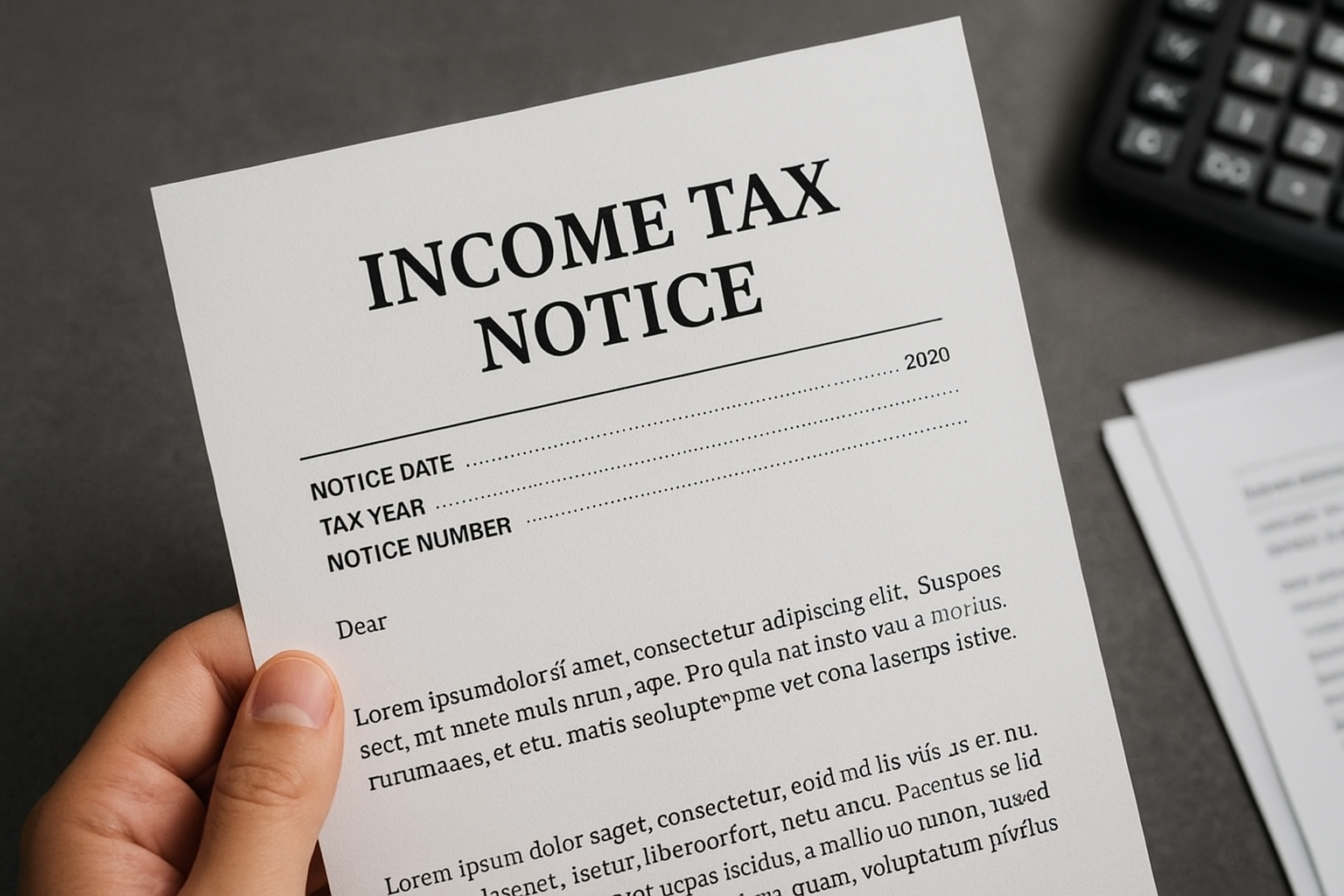
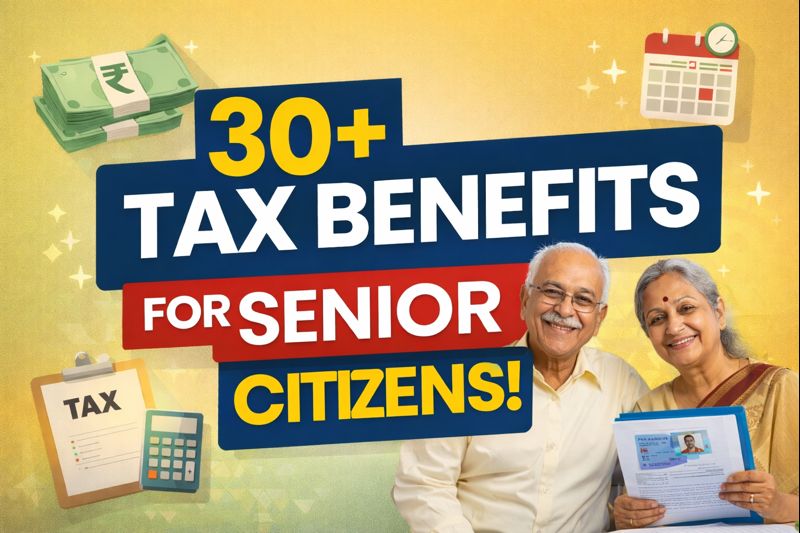
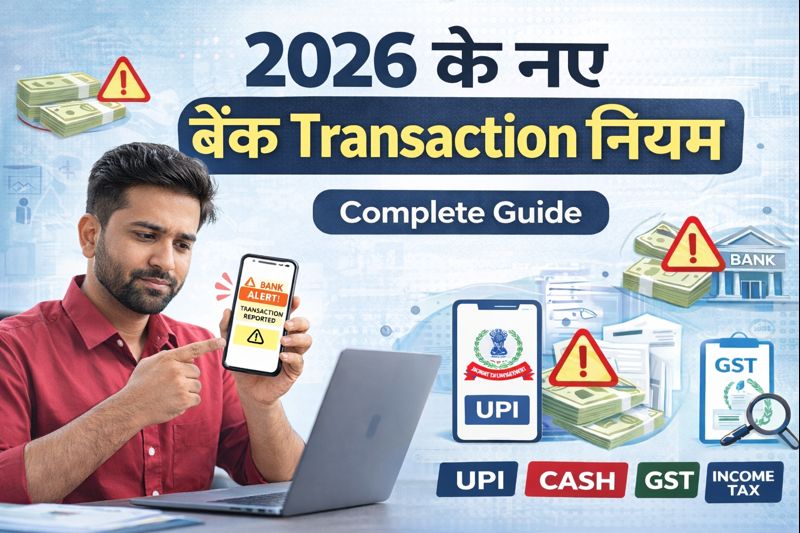
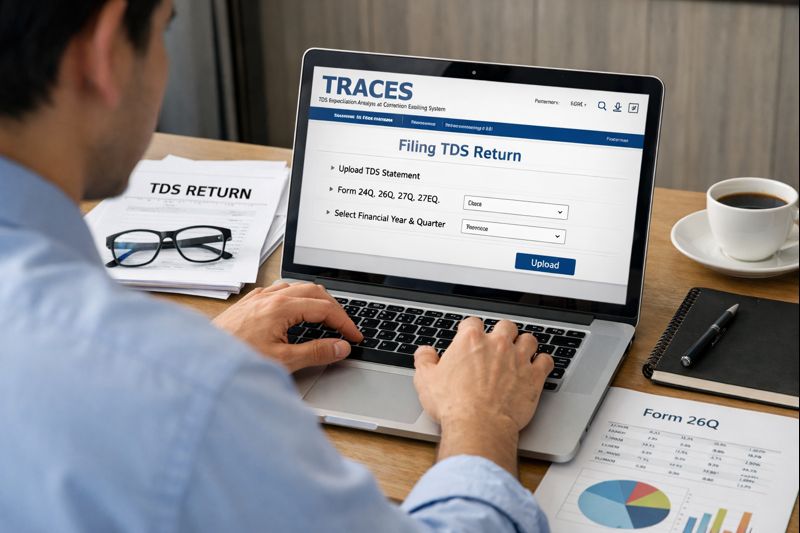
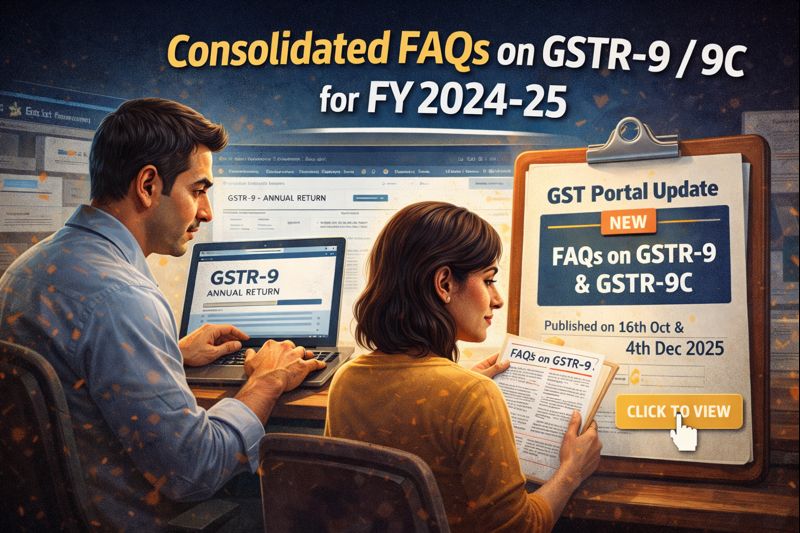
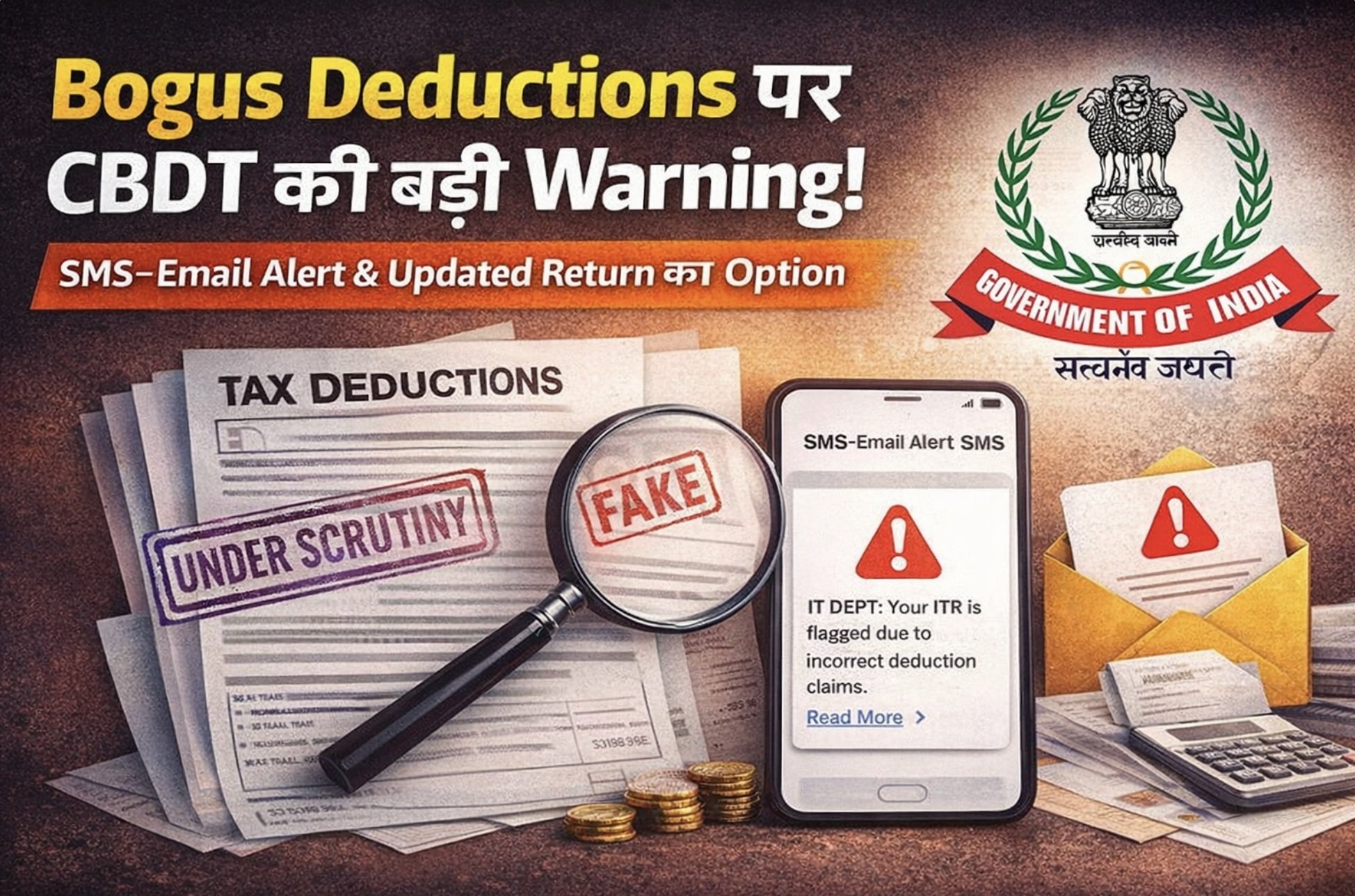
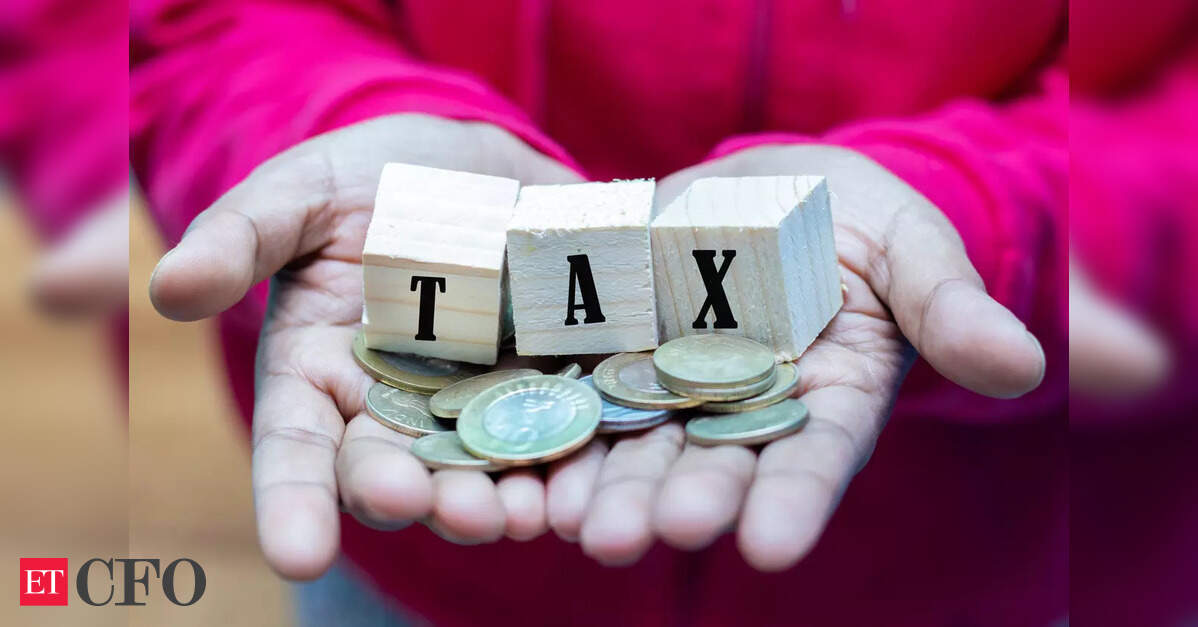

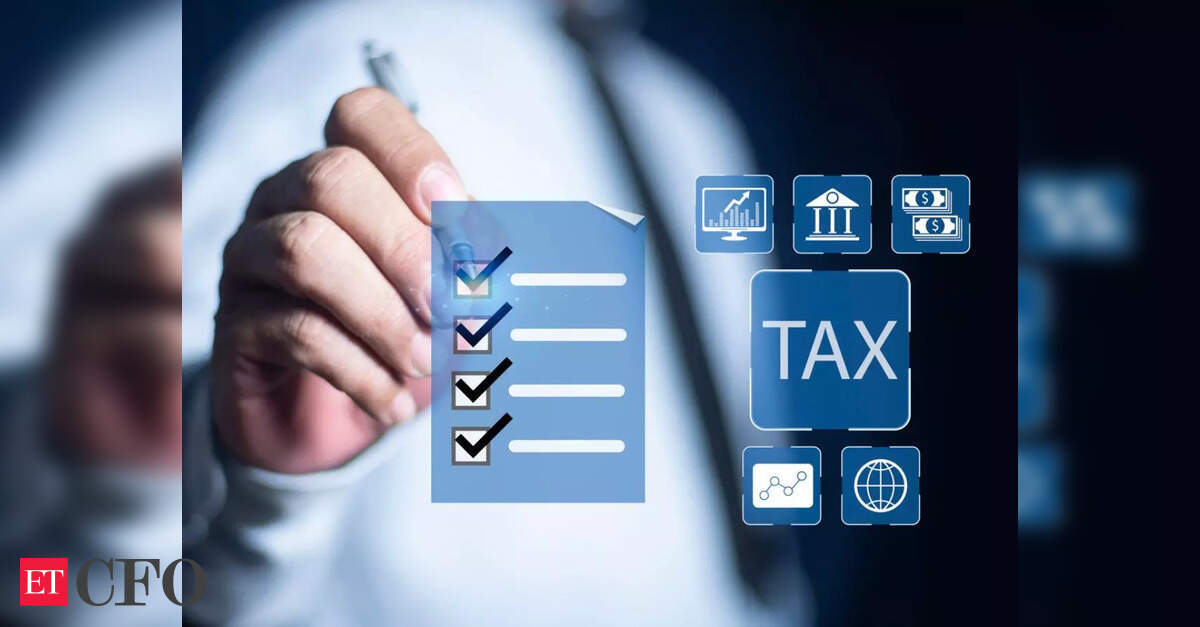
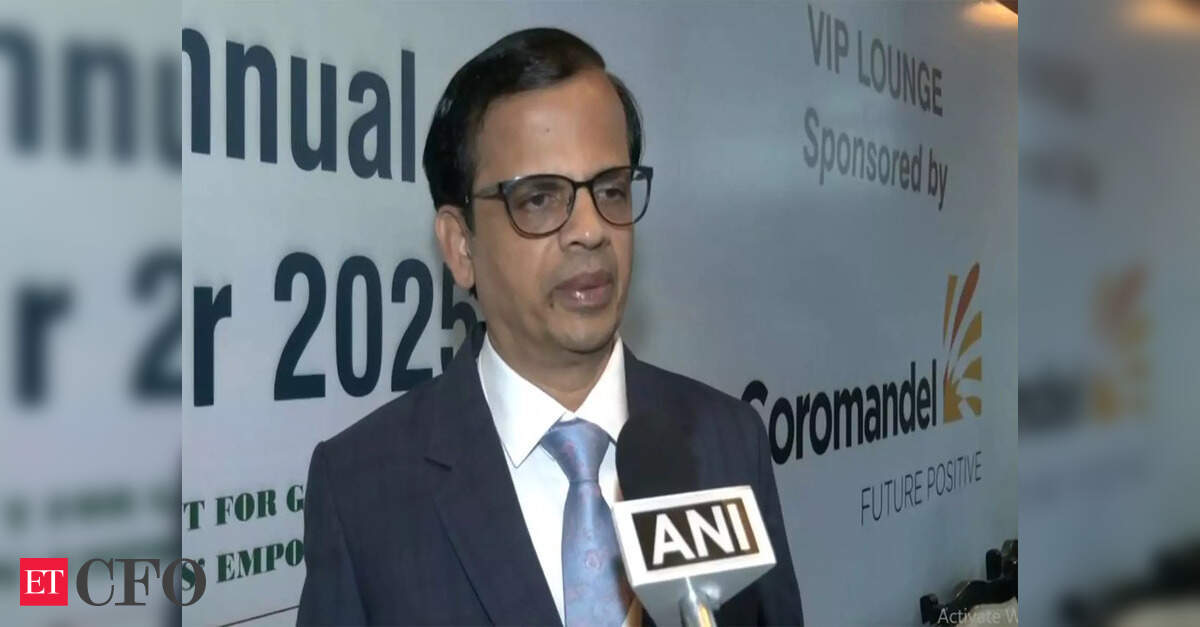
what is rate of Tax at Room Rent exact 7500/- per unit per day